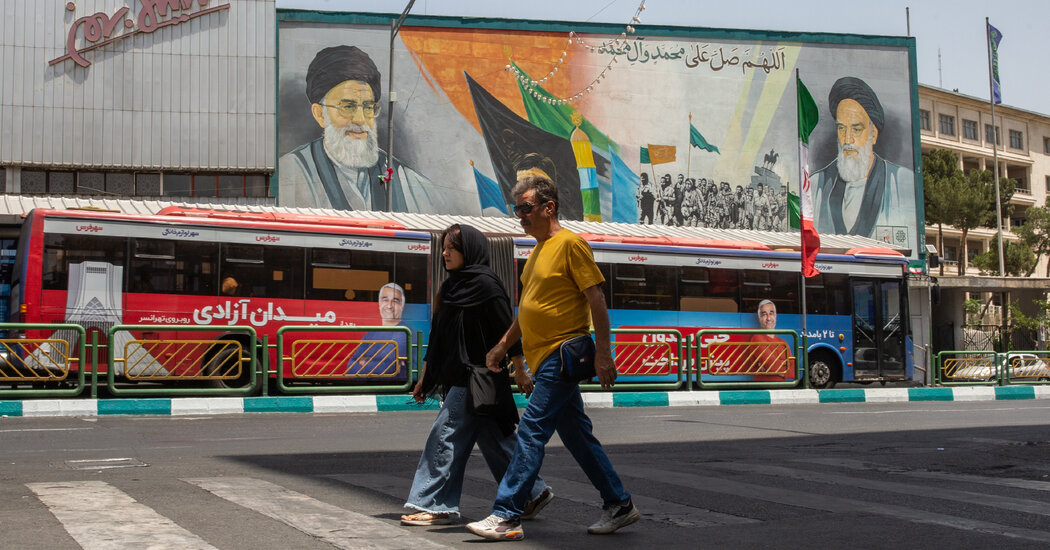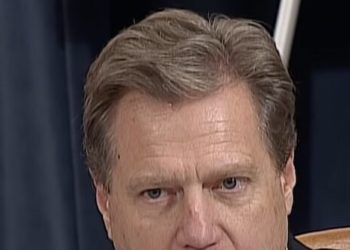Iran will hold nuclear talks with Britain, France and Germany, Iranian state media reported on Monday, after the European countries threatened to reimpose U.N. sanctions on Iran by the end of August unless they saw concrete progress on a deal to limit its nuclear program.
The talks will take place in Istanbul on Friday, but Iranian officials played down the prospect of restarting direct negotiations with the United States, after President Trump joined Israel in launching airstrikes on Iran’s nuclear facilities last month.
“At present, we have no plans to hold talks with the United States,” Esmail Baghaei, a spokesman for Iran’s foreign ministry, said at a news conference on Monday, according to state-owned media.
Britain, France and Germany remain part of the 2015 nuclear deal with Iran that was also signed by the Obama administration, China, Russia and the European Union. The deal includes a procedure to allow so-called snapback sanctions to be reimposed on Iran if the country were deemed to be violating the nuclear provisions. Mr. Trump pulled out of the agreement during his first term.
The European governments hoped that the threat of renewing the sanctions, which were lifted 10 years ago, would bring Iran to the negotiating table. Their goals were to persuade Tehran to resume cooperation with the International Atomic Energy Agency, the U.N. nuclear watchdog, after suspending it last month, and to limit or eliminate Iran’s ability to enrich uranium.
“It was the U.S. that withdrew from a two-year negotiated deal — coordinated by E.U. in 2015 — not Iran,” Abbas Araghchi, Iran’s foreign minister, said on social media last Friday, a day after he spoke with the foreign ministers of the European countries and Kaja Kallas, the E.U. foreign policy chief. Mr. Araghchi added that the Europeans did not have any “moral and legal ground” to reapply the U.N. sanctions.
But the European threat was significant, even if the United States was not involved, said Omid Memarian, an Iran expert at DAWN, a Washington-based think tank that focuses on American policy in the Middle East. “Preventing European countries from triggering the snapback mechanism is critical for Iran,” he said.
If the sanctions were reinstated, Mr. Memarian said, Tehran would face severe economic pressure and an increasingly precarious security situation. “In such a scenario, hard-liners within the regime may push to withdraw from the Nuclear Non-Proliferation Treaty, a move that could be interpreted by Israel as a green light for another round of military strikes,” he added.
The foreign ministries of the three European governments did not immediately respond to requests for comment.
Iran maintains that its nuclear program is for peaceful purposes. But some in the Iranian government also view atomic weapons as a deterrent against perceived threats or attacks — concerns that have likely grown following Israeli and American military strikes last month. Western countries fear that a nuclear-armed Iran would further destabilize and increase tensions in the Middle East.
Iran has made major nuclear progress in recent years. Some of its highly enriched uranium is near-bomb-grade and could eventually produce up to 10 nuclear weapons, according to the I.A.E.A.
Amelia Nierenberg is a Times reporter covering international news from London.
The post Iran to Hold Nuclear Talks With European Governments After Sanctions Threat appeared first on New York Times.




